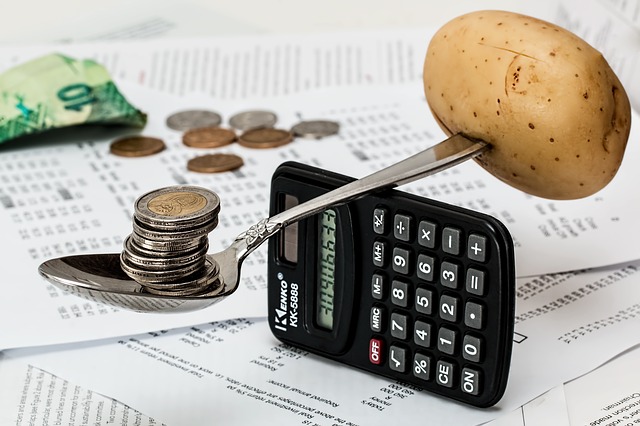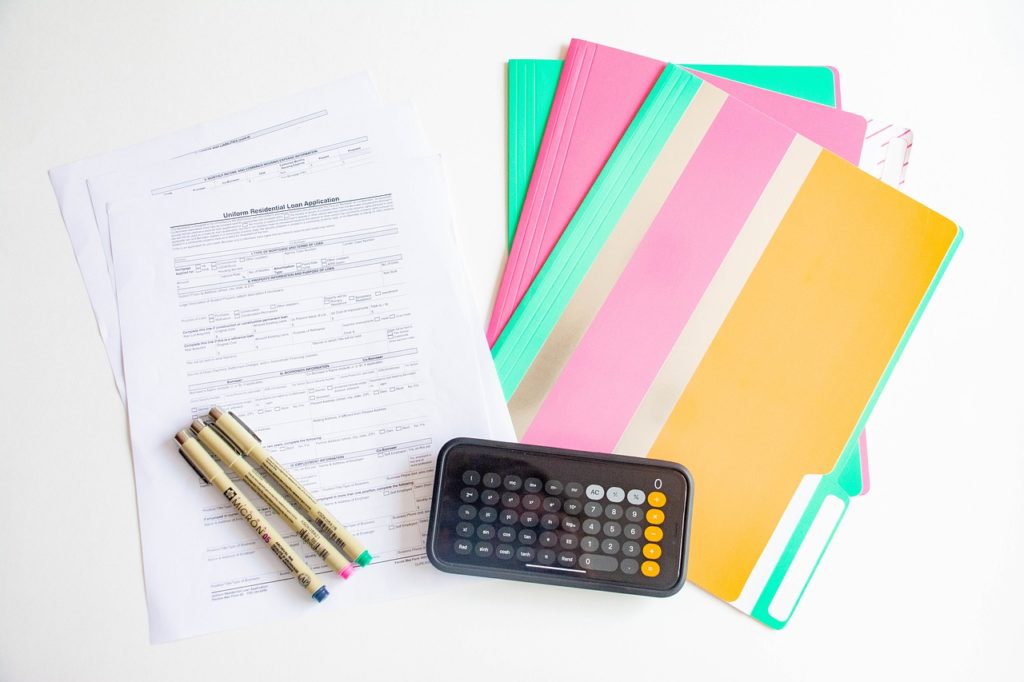Some important questions you should consider before buying a home:
- Do you have good credit, average credit, or poor credit? Do you have recent late payments (1×30, 2×30, etc. days late)? Do you have lots of late payments? Do you have a lot of debt? How much debt you have is important as well, and will affect the approval process if you have too much.
- When you take your income divided by your debt; is the ratio above 41% (+-). Please note that the automated underwriting systems which we call Desk Top Underwriter (DU, Fannie Mae, and Loan Prospector (LP, Freddie Mac) will take what we refer to as debt to income ratio over and above 41% when your credit is in excellent status.
- It also depends upon your total financial profile; the loan to value of the mortgage loan, and the entire loan file. In other words, your income is 3000 mo. Your total debt including a new house payment is $1300. Your debt to income ratio would be 43%.
- That is with an $800 housing payment, and your taxes and insurance would be added into that amount, and your other debt is $500 a month. If you think about this; a car payment alone will amount to almost that amount if you have a newer car.
- Do you have money saved to take care of needed loan expenses such as closing cost and prepaid items, and reserves? The more savings you have the better your loan status will be (if all other loan criteria are also inline).
Normally on Conventional loans, you need approximately 3 – 5% downpayment with a loan to value of 97- 95%. This does not include closing costs. You may now obtain a gift to help in paying these costs on some mortgage products, and the seller can pay no more than 3% of closing cost.
Note: So you might ask why do you need savings? It is never a wise choice to buy a home without having some money in the bank to at least pay your prepaid items, and have the first two (2) months payment saved. This is why so many individuals get into trouble in the first few months of their loan. They were not wise in preparing for their new home. Don’t let that happen to you. If you cannot save money before you buy a home, you will not be able to save money after buying a home.
Questions to Ask Yourself
Is your income stable and ongoing? Meaning does your income fluctuate (commission/tips/etc) or are you on a salary? Income calculations are different for income that fluctuates, is not consistent in each pay period, etc. You should take this into consideration when buying a home.
The house payment is not going to change if you have a fixed-rate loan, and at this present time, you would actually not be thinking wisely if you did not get a fixed-rate mortgage loan.
Ranging Rates at the present **average rates
Mortgage loan rates have not been steady but are now ranging @ 2.500% (+-) FHA financing with a payment of $816.00/principal and interest only for 30-yr fixed. Conventional 30-year fixed are ranging from 3.000% (+-). For a $200000 home payment for 30 years @ 3.000% would be $843.00 principal and interest only. (See payment calculator on this page.) That does not include taxes and insurance if escrowed. **These are not quotes, these are only ranging rates which can change daily, and reports are that they will.
**Remember that lender mortgage rates may vary
*We always check out mortgage survey rates @ Mortgage News Daily
Summary
Those are the major areas to be considered when you contemplate buying a home. The analysis does not stop there though. You must remember that life changes every day and situations arise and do not stop there. You will have certain expenses which do not go away just because you have bought a new home. They in fact often increase.
You will have everyday expenses of groceries, medical, utilities, childcare (if applicable), car insurance, life insurance, dog food, and many other miscellaneous items. ALL OF THESE count in the process of knowing when you are ready to buy a home.
A lot of people forget about the above-mentioned items as these items ARE NOT added into the debt to income ratio. Don’t fool yourself into thinking that just because the lender does not consider these that they do not count. They count very heavily.
Childcare can be quite expensive. Car insurance is also expensive, and you need life insurance to take care of the family if something happens out of the ordinary. The cute little doggy has to be fed, you must buy gasoline to get to the job, and you get hungry at least three times a day. You might also like to go out to eat occasionally.
I hate to sound gloomy about these known facts, but they are Mortgage Loan Facts that you do not need to brush off when preparing to buy a home. In other words, figure your income. Add up your installment loan debt, your revolving debt, and any other payments you have each month.
Analyze your food, insurances, childcare, gasoline expense, and any other miscellaneous expense. Then add the approximate new housing payment, including taxes and insurance; (you can get estimates per state online).
If you buy a condo, or PUD you may have a homeowner association fee (HOA).
If you have included all of this other expense and have money left over for reserves each month, then you are ready to proceed with buying a home. If not, you may need to think about putting yourself in a better position by getting rid of debt and learning to live more conservatively until you are ready.




If you'll just be living in the house a few years or the fee is low, then renting can be a sensible option. In most cases, it's better to own a home rather than to rent as you get to pay money towards owning your own property. A home loan, however, is a long-term and substantial amount of debt so it's important that you evaluate your job stability and financial status before you decide on.
Thanks so much for your contribution to this article. Now more than ever so many people are renting simply because so many are underemployed etc.
Great Post! It's very nice to read this info from someone that actually knows what they are talking about. commercial REO Properties for Sale
f you can't commit to remaining in one place for at least a few years, then owning is probably not for you, at least not yet. With the transaction costs of buying and selling a home, you may end up losing money if you sell any sooner – even in a rising market. When prices are falling, it's an even worse proposition.
reverse mortgage
Great Post! It's very nice to read this info from someone that actually knows what they are talking about. REO Properties Florida
Great Post! It's very nice to read this info from someone that actually knows what they are talking about.
Tampa Short Sales
It was very useful for me. Keep sharing such ideas in the future as well. This was actually what I was looking for, and I am glad to came here! Thanks for sharing the such information with us.
reverse mortgage pros and cons
Just wish to say your article is as amazing. The clearness on your
put up is simply nice and i could think you're
an expert on this subject. Fine together with
your permission let me to take hold of your RSS feed to stay updated with impending post.
Thanks a million and please continue the gratifying work.
Here is my site debtsadvice.net